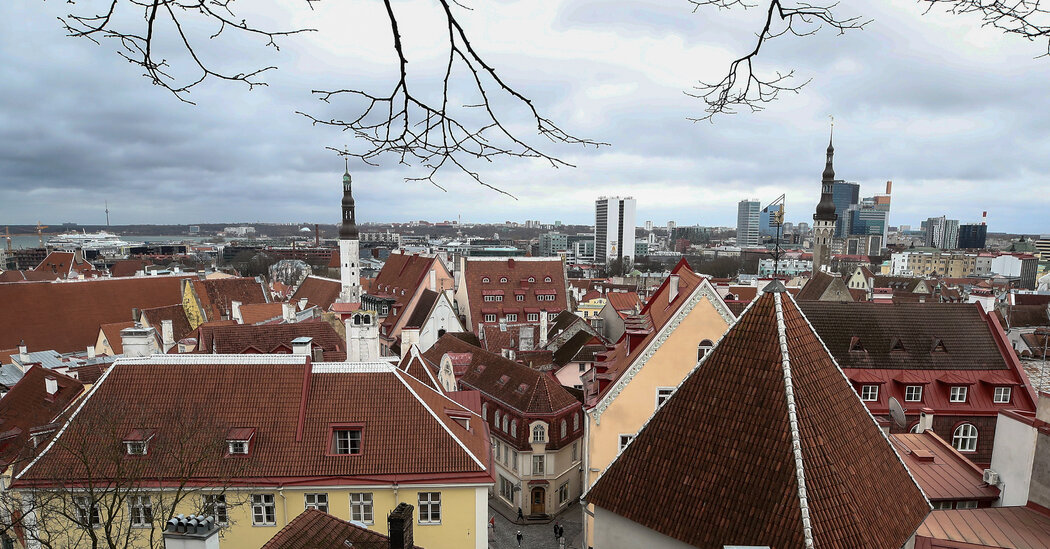Estonia has received applications for e-Residency, as it is known, from 176 countries, with Britain ranking fourth in the list of non-European Union nations after Russia, Ukraine and China. Being given e-Residency does not grant you citizenship, tax residency or entry into Estonia or the rest of the European Union.
However it does come with the advantage of a 20 percent tax rate for both income tax and corporate tax. The latter is levied only when profits are distributed (rather than when they are earned), allowing firms to grow with a low tax burden. In Britain the income tax rate for top earners is 40 percent on much of their earnings and, for the very highest paid, it rises above that.
E-residency “clearly increased after Brexit, even before actually, even when the vote happened, we saw a spike,” Ms. Kallas told City AM.
Hannes Lentsius, a director and tax specialist at PwC accountants in Estonia, described the government’s estimates of increased tax revenue as credible and said that the e-Residency scheme had worked well for the country. “Brexit has been part of it,” he said adding and e-Residency “has been a great success, it has marketed Estonia.’’
Another British business owner who saw the potential in Estonia is David Fortune, who co-founded his company, Saher, in 2014. Saher does much of its work with European police departments and border guards, matching innovative technologies, like counter drone systems, to their needs.
Mr. Fortune served for 30 years with the police in North Yorkshire, in the north of England, where he still lives, and is surprised to find himself an Estonian e-Resident.





